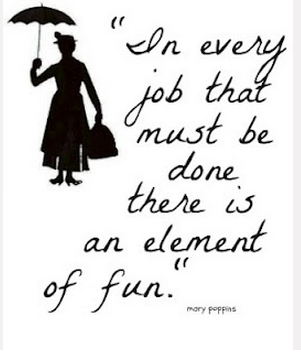How do you know if your toddler has speech delay? Don’t hit the panic button yet! There’s a chance your child could just be a late talker. A late talker is a toddler between the ages of 18 to 30 months, who is developing normal play, social, thinking and motor skills, but who is limited in spoken vocabulary for their age. Toddlers who are late talkers do not necessarily have speech delay. Most late talkers have difficulty with expressive language. Expressive language is used by toddlers when they are communicating their wants and needs. For example, asking for “milk” is a way that toddlers use expressive language to communicate their desire for a particular drink. Learn more about speech delay in toddlers below.
Tips for Building Early Language Skills with Your Child
Games and Activities Language Building Skills Language Development Parents' Corner School Speech Disorders Speech Therapist Speech Therapy Techniques
Reading with your child is one of the best ways to help build language skills. Source: news.appstate.com
Mama! Dada!! Like many parents, you have likely been waiting months for your child to finally say a real word! Sure, the grunts, pointing and babbling sounds are cute, but that moment your child utters her first word is priceless! Once the first word is spoken however, there is no turning back. What was once a semi-peaceful trip to the grocery store is now filled with endless, “Ball”, “Mama”, “Apple”, “Want Dat”. Car rides are no longer excuses to escape with Adam Levine. Instead the sounds of “Stop,” “Go”, “Car”, “Fire Truck” are yelled triumphantly and continuously from the back seat. Are there ways in which parents can start building speech and language skills early? How early is too early?
Continue reading
7 Games to Build Reading Skills for Kids Who Can’t Sit Still
Games and Activities Language Development Reading SchoolAll of the data points to what many parents and educators already know to be true. Children who have speech and language delays or disorders often struggle to build or maintain reading skills. If you are the parent of a child who faces literacy challenges on top of other communication struggles, and your child just doesn’t seem able to sit still long enough to look at the cover of a book, you might be feeling that reading proficiency is a far away dream. Whether your child is a kinesthetic learner or always on the move because of a learning or behavior challenge, there are options that satisfy that need for movement, but still build reading skills. Try these games that let kids move – and encourage them to read at the same time. Continue reading
Language-Based Learning Disability: Games to Improve Language Skills
Individualized Education Program (IEP) Language Development Reading Speech Disorders Speech Therapy Techniques TechnologyA child who is diagnosed with a language-based learning disability can face a variety of challenges, especially in school. There are countless types of therapies used and directions taken by SLPs, in special education classrooms, and by teachers who adjust curriculum to meet these children’s needs. Help keep some of the fun in therapy and learning new skills by trying some of these games and activities.
Continue reading
Choosing Toys that Build Communication Skills
Language Development Speech Disorders Speech Therapy TechniquesAt the heart of learning for children you can often find play. Learning to communicate is no exception, and there are toys and techniques that can be used to help build language and speaking skills in children. The toy box can be transformed into a learning toolbox with a few simple additions that target the difference types of learning styles best suited for your child – auditory, tactile, and more. If you’re trying to build communication skills in your child or student, try any of these 8 toys and techniques to develop language, speech, and the foundations for healthy communication. Continue reading



